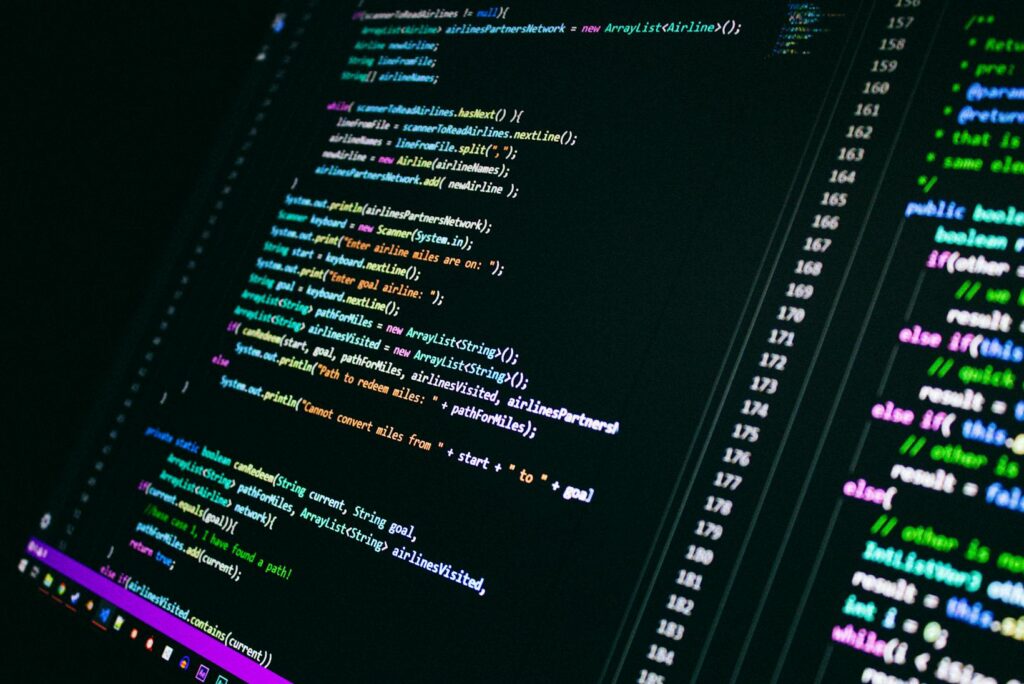“Is computer programming hard?” It’s a question that’s been on the minds of many aspiring tech enthusiasts and digital dreamers. In a world where technology is king, understanding its language can seem like a daunting task.
This article dives into the complexities and challenges of computer programming. It’s not about scaring you away, but rather painting a realistic picture of what it’s like to communicate with machines. From the intricacies of syntax to the logic behind algorithms, we’ll explore the fascinating world of coding.
Is Computer Programming Hard
Delving deeper into the programming world requires us to comprehend its notable challenges more fully. An understanding of why programming tends to be viewed as difficult and how learning styles can dramatically affect the learning process helps demystify the arduous journey towards becoming a proficient programmer.
What Makes Programming Seem Difficult?

In the realm of computer programming, multiple factors contribute to its perceived difficulty. One primary challenge lies in mastering programming languages, each with unique syntax and rules, much like learning a foreign language. Grasping abstract programming concepts, such as algorithms and data structures, pushes the intellectual boundaries of many aspiring programmers. Additionally, problem-solving, requiring inventive thinking and a keen eye for detail, makes programming seem particularly daunting to beginners.
The Impact of Learning Styles
Learning computer programming isn’t a one-size-fits-all process. The way individuals perceive and assimilate information – their learning style – profoundly impacts the ease or challenge of learning programming.

A visual learner, for instance, benefits from diagrams and flowcharts to understand coding concepts, while auditory learners may get more from podcasts or spoken lectures. Meanwhile, kinesthetic learners often learn best by diving in and coding, learning from hands-on experience.
But know that it’s rarely solely about one’s learning style. Self-directed learning, discipline, persistence, online resources, and coding boot camps also play significant roles in a person’s programming journey. Hence, finding a suitable medium or combination of methods that match one’s learning style facilitates a smoother transition into the programming landscape.
How to Overcome Challenges in Learning Programming
In navigating the tricky terrain of computer programming, equipping oneself with effective strategies is vital. This section discusses potential routes to surmount these hurdles beginning with selecting an ideal learning platform, followed by crucial pointers for those starting out.
Choosing the Right Learning Platform

The realm of programming boasts of multiple learning platforms, each promising to smoothen the road towards programming proficiency. Picking the right platform, however, warrants careful deliberation. Platforms with hands-on curriculums, pacing flexibility, community forums, and mentorship features often yield the most benefit. For example, sites like Codecademy and freeCodeCamp foster real-time learning with interactive challenges, while others like Coursera offer comprehensive, instructor-led courses. Notably, the best platform depends on individual learning styles, requirements, and, above all, dedication through the learning curve.
Practical Tips for Beginners

For programming beginners, it’s not just about choosing the right resources but also about developing good habits. Starting with graspable programming languages such as Python or JavaScript, rather than complex ones like C++, facilitates an easier entry into the domain. Additionally, adopting a project-based learning approach, even for basic projects, promotes active understanding and application of concepts. Coding daily, regardless of the duration, also aids in reinforcing the information learned. A case in point is known as “The 100 Days of Code” challenge, widely held as a productivity booster among programming novices. Lastly, seeking help when stuck, whether from mentors or online communities, can save hours of frustration and nourishes collaborative skills vital for programming.
The Right Approach
Indeed, computer programming can pose significant challenges. It’s a field that demands mastery of languages and algorithms, as well as developed problem-solving skills. Yet, it’s not an insurmountable task. Prior experience in related fields can be beneficial, and the availability of resources and tools simplifies the learning process. It’s not about innate talent, but continuous learning and understanding beyond mere coding. Embracing mistakes and seeking guidance can also ease the journey. To become proficient, it’s essential to invest time in learning and practicing.



